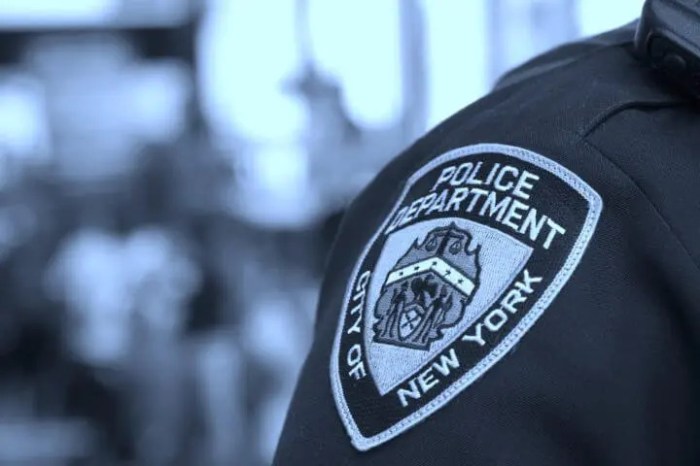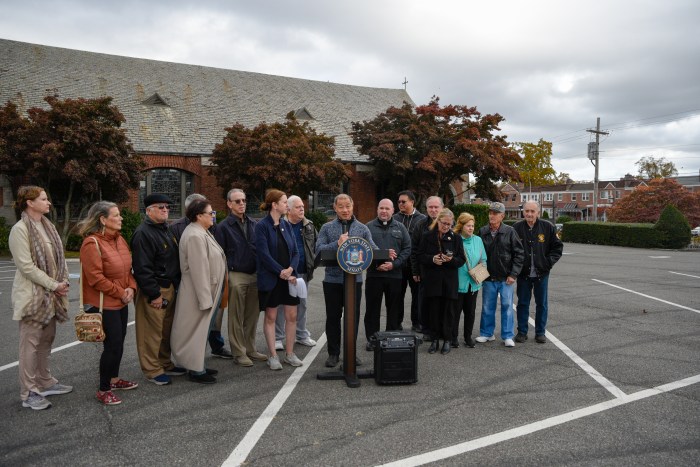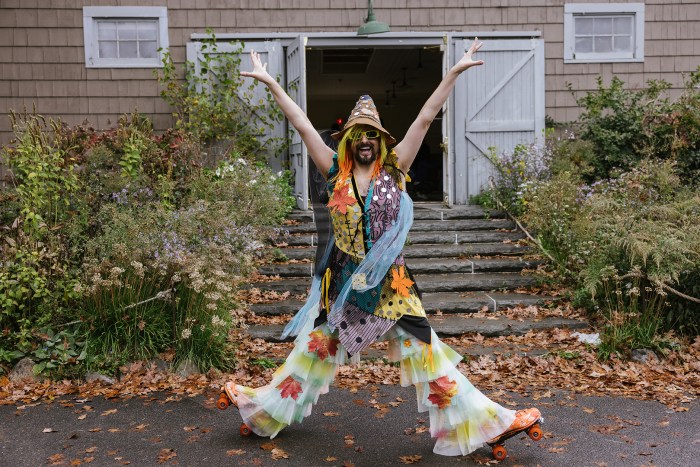By Laura Rahill
On Jan. 27, 1945, Soviet troops liberated more than 7,000 prisoners from the most notorious of the Nazi concentration camps, Auschwitz-Birkenau, in Poland. It is estimated that around 1.3 million people were deported to this camp between 1940 and 1945 and at least 1.1 million perished at the hands of Nazi guards.
Although exact numbers will never be known, it is commonly estimated that 11 million people died between 1933 and 1945 as a result of Adolf Hitler’s regime. Around 6 million were Jews and the remaining 5 million people belonged to the ranks of the mentally and physically disabled, priests, Gypsies, homosexuals, Jehovah’s Witnesses and those who did not accept the leadership of Hitler, to name but a few.
In 2005, the United Nations General Assembly commemorated the 60th anniversary of the liberation of the Nazi concentration camps. A U.N. resolution was then drafted to designate Jan. 27 as the International Day of Commemoration in Memory of the Victims of the Holocaust. The holiday was first officially observed in 2006 and is on calendars around the world.
As we approach the 69th anniversary Monday, it is more important than ever to remember the atrocities that occurred during the Holocaust. The U.N. resolution urges countries around the world not only to commemorate both the survivors and those who lost their lives, but also encourages the development of educational programs about the history of the Holocaust.
Dr. Arthur Flug, executive director of the Kupferberg Holocaust Resource Center and Archives at Queensborough Community College in Bayside, said for him and others working and volunteering at the center that every day is a Holocaust memorial day. The center has hosted Holocaust presentations, photographs, art, documentation, personal survivor narratives and more than 20 exhibits, all free.
The center will open an exhibit at the United Nations Tuesday called “International March of the Living” at 6 p.m. As part of this exhibition, students will go to Poland and visit various Holocaust sites. On this journey, they will meet other students to discuss interpretations of the Holocaust. The second week will take place in Israel, where students will have traveled from the dark depths of the Holocaust to the renewal and sun of the young Middle Eastern nation.
Flug said it was essential to remember the Holocaust because the number of survivors is shrinking every year and their personal accounts should be shared with today’s students, who “can become spokespeople for the survivor.”
He added, “When you hear a witness, you become a witness.”
The center’s director also expressed concern about how the Holocaust is trivialized, saying he saw a protest poster that compared Obamacare to Hitler’s regime.
“In no way is that true by any stretch of the imagination,” he said.
Flug also cited the recent arrest of a Nazi guard responsible for around 700 deaths during the Holocaust, which sparked some backlash from the community , which thought the past should be left in the past. He pointed out that those 700 people were related to somebody in that same community.
“We have to keep that in mind and take lessons from it,” Flug said.



































